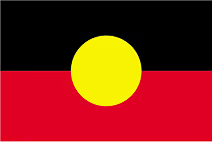The Truth About Alcohol and Anxiety: What You Need to Know

“Why does that glass of wine feel like it helps... but then makes things worse?”
Picture this: It’s the end of a long day and you just want to relax - quiet the nerves, calm the mind, and slow the racing thoughts - so you have a drink (or a few). And in that moment, it works. Alcohol can bring a temporary sense of ease as the tension softens, the body relaxes, and everything feels a little more manageable.
But then comes the flip side. That wired-but-tired feeling in the middle of the night. The vague sense of dread in the morning. The sharp rise in anxiety a day or two later, often without a clear cause. Over time, many people start to notice that the thing they’re using to manage their anxiety might actually be making it worse.
If that sounds familiar, this post is for you.

Why alcohol feels like a friend (briefly)
Alcohol has a sedating effect on the brain. It increases the activity of a neurotransmitter called GABA - your brain’s natural “calming” chemical - this dampens the activity of excitatory chemicals like adrenaline, cortisol and glutamate. That’s why a drink can make you feel relaxed, sleepy, or even euphoric in the moment. It’s your nervous system temporarily slowing down.
But here’s the catch: your brain is always trying to maintain balance. When alcohol is regularly introduced, your brain starts to adapt by turning down GABA’s calming effect and ramping up excitatory activity to compensate. So while alcohol might feel like it’s “helping” in the short term, it’s actually setting the stage for more stress, more reactivity, and more anxiety once it wears off.
One way to think of it is this: alcohol lets you borrow calm from your future self - but with interest. And that interest gets steeper the more frequently you borrow.
When the hangover is more than physical: the anxiety rebound
This is where things start to feel more confusing for people. Because the anxiety doesn’t always show up right away.
In the hours and days after drinking - especially after heavier use - your brain chemistry swings back in the other direction. GABA activity drops further. Glutamate spikes. Your nervous system enters a state of high alert, often without warning. This can look like:
- Restlessness or agitation
- Feeling like you can’t catch your breath
- Trouble sleeping (especially waking in the early hours of the morning)
- Racing thoughts, irritability, or panic for no clear reason
A 2020 study found that people often experience peak anxiety symptoms 12-48 hours after drinking - even in the absence of a hangover. This is sometimes referred to as “hangxiety,” and it’s more than just a catchy term. It’s a sign that your brain is in recovery mode, trying to reset its balance after being artificially altered by alcohol.
If this sounds like a loop you’re stuck in - relief, rebound, repeat - you’re not broken. You’re human. And your brain is doing exactly what it was designed to do.
So, how can you manage anxiety without alcohol?
There’s no one-size-fits-all approach, but here’s the good news: it’s absolutely possible to feel calm, grounded, and in control without using alcohol to get there. Here are a few strategies we’ve seen make a real difference for our clients:
- Support your nervous system: Simple practices like deep belly, or ‘diaphragmatic’ breathing, gentle movement, warm showers, or grounding techniques (like holding ice or standing barefoot outside) can help calm your system when anxiety flares.
- Sleep, food and hydration matter more than you think: Disrupted sleep, low blood sugar and dehydration can all mimic or worsen anxiety. Try to stabilise your sleep routine, eat regularly, and keep your water intake up - especially if you’re cutting back on alcohol.
- Reduce other stimulants: Caffeine, high-sugar snacks, and even scrolling TikTok before bed can overstimulate your system. Pulling back a little can give your nervous system a break.
- Talk to someone: Whether it’s your GP, a therapist, or a service like ours - having someone who can help you build a personalised plan is incredibly valuable.
- Give your brain time: Research shows that even after just 2-4 weeks without alcohol, many people report reduced anxiety and improved emotional regulation. The longer the break, the more time your brain has to re-balance itself.
You don’t have to do all of this at once. Start where you are, with what you have. Small steps matter.
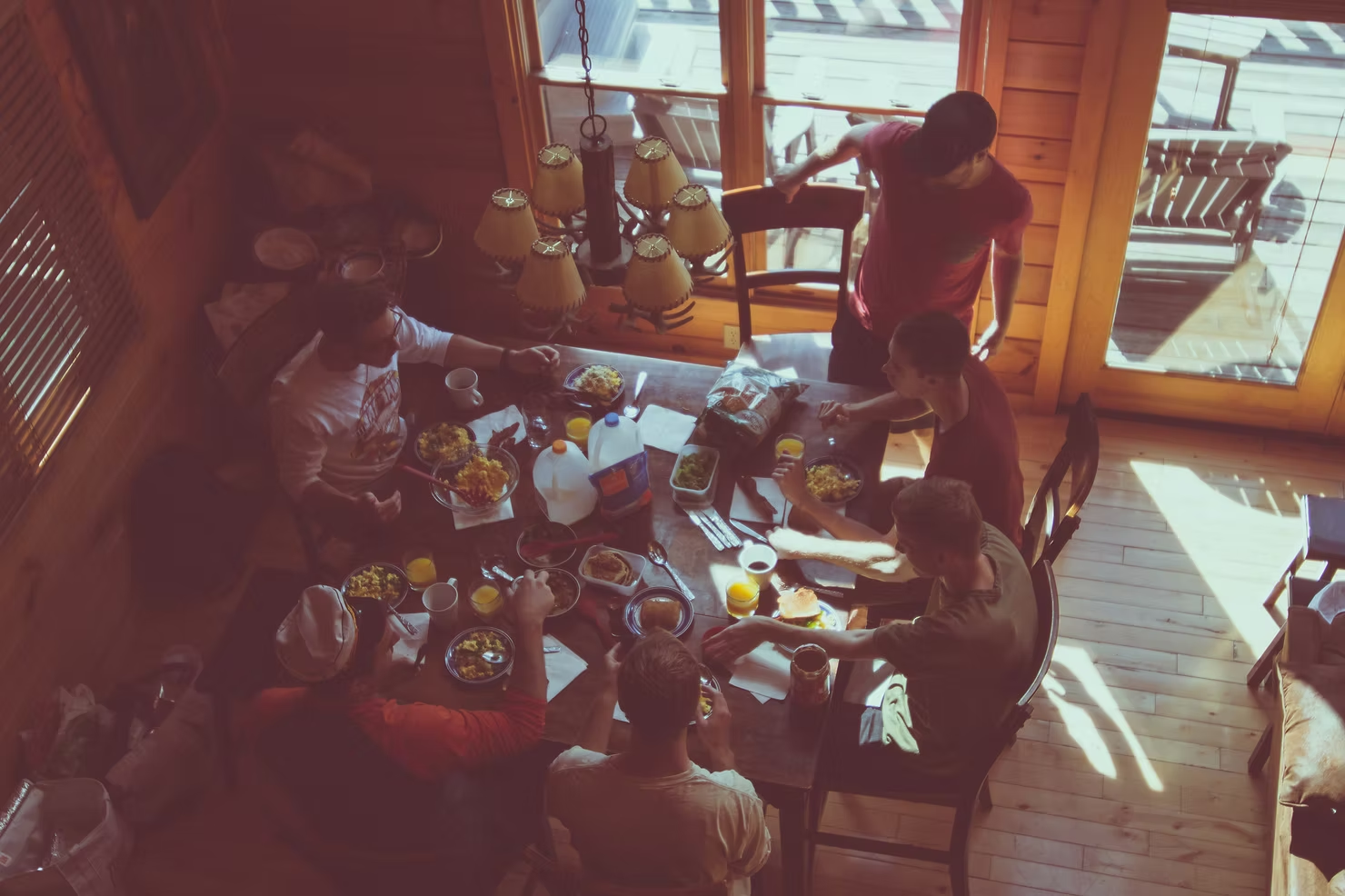
Final thoughts: The loop can be broken
Alcohol might feel like the quickest fix for anxiety, but over time, it often creates the very thing it promises to relieve. The good news? You can absolutely interrupt that pattern. And you don’t have to do it alone.
At Clean Slate, we can help you understand what’s going on in your body and brain - and build a plan that feels realistic, safe, and supported. If you’re feeling caught in the cycle, you’re not failing - you’re just ready for a new way through.
Check your suitability today.
Sources
Brousse, G., Arnaud, B., Vorspan, F., Richard, D., Dissard, A., Dubois, M., Pic, D., Geneste, J., Xavier, L., Authier, N., Sapin, V., Llorca, P-M., De Chazeron, I., Minet-Quinard, R. & Schmidt, J., 2012. Alteration of glutamate/GABA balance during acute alcohol withdrawal in emergency department: a prospective analysis. Alcohol and Alcoholism, 47(5), pp.501–508. [online] Available at: https://academic.oup.com/alcalc/article-abstract/47/5/501/99762?redirectedFrom=fulltext
Nutt, D.J. & Nestor, L.J., 2018. The GABA system and addiction. Addiction. 2nd ed. Oxford Psychiatry Library Series. Oxford: Oxford University Press. [online] Available at: https://doi.org/10.1093/med/9780198797746.003.0008
Kushner, M.G., Abrams, K. & Borchardt, C., 2000. The relationship between anxiety disorders and alcohol use disorders: a review of major perspectives and findings. Clinical Psychology Review, 20(2), pp.149–171. [online] Available at: https://www.sciencedirect.com/science/article/pii/S0272735899000276
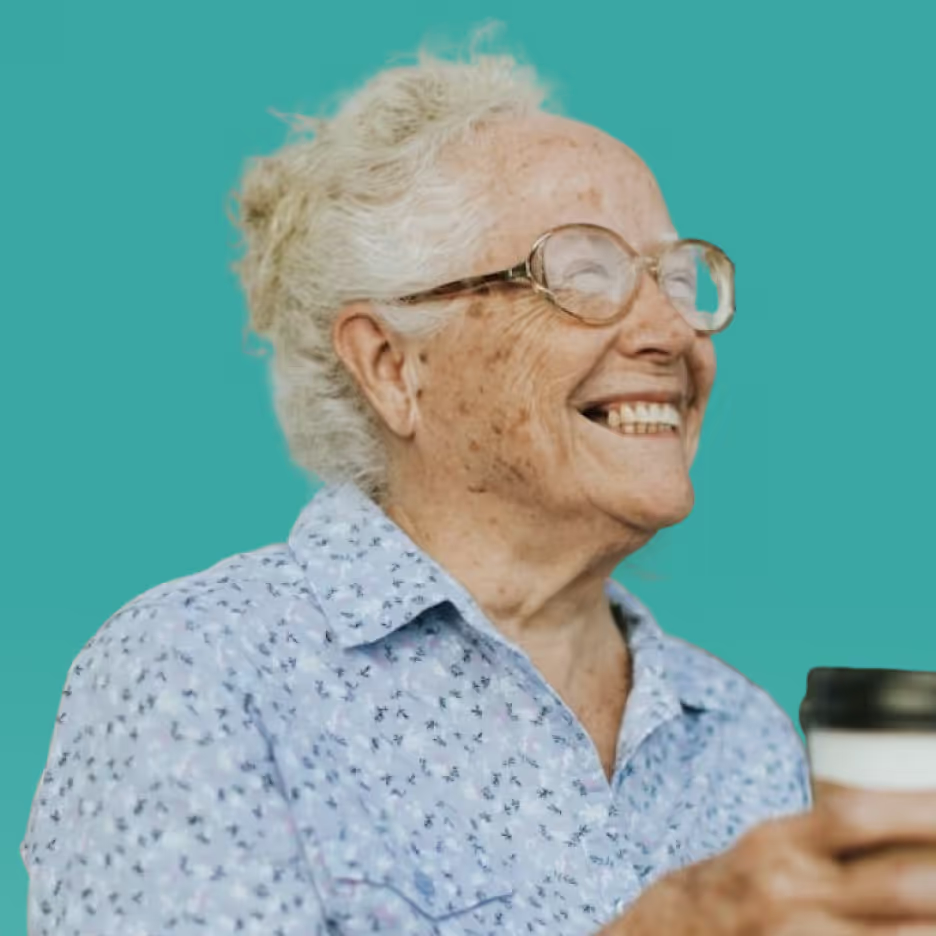

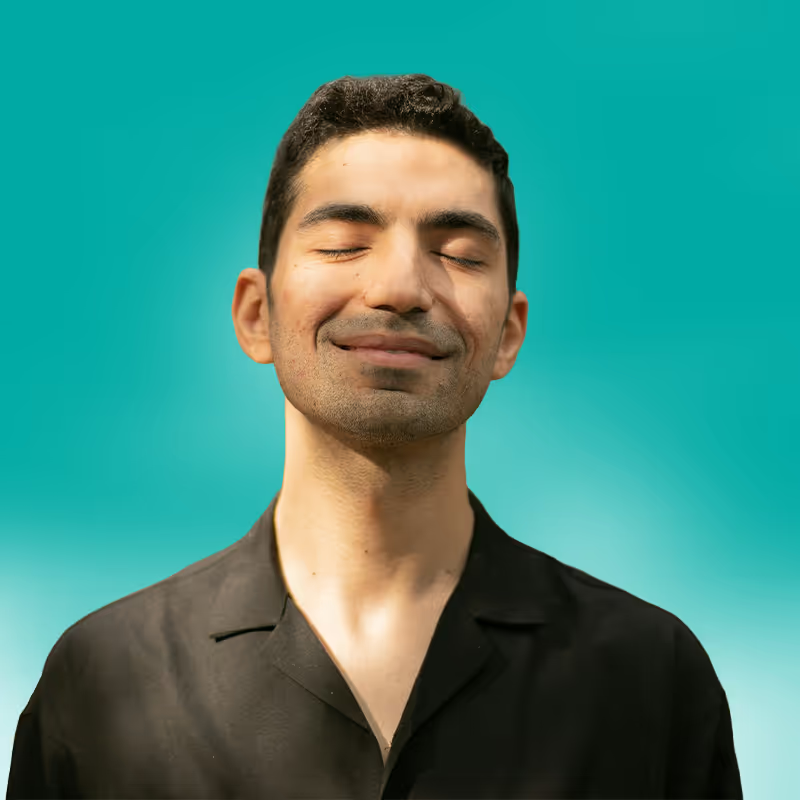
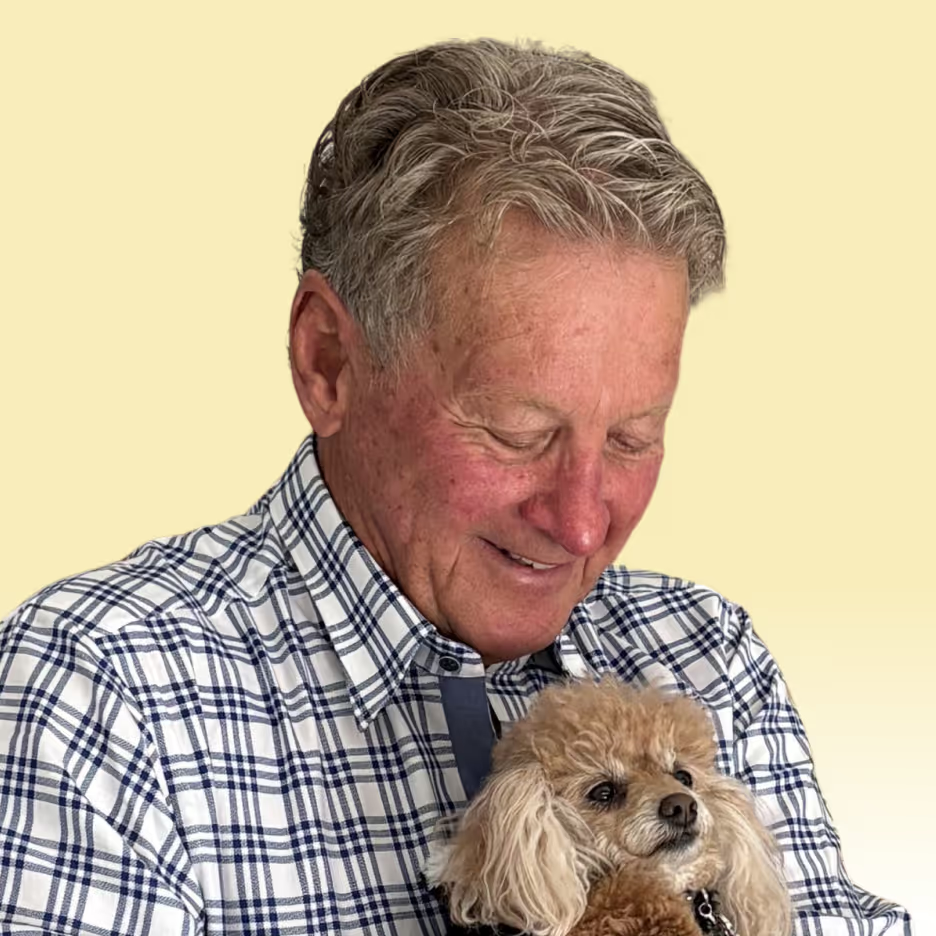
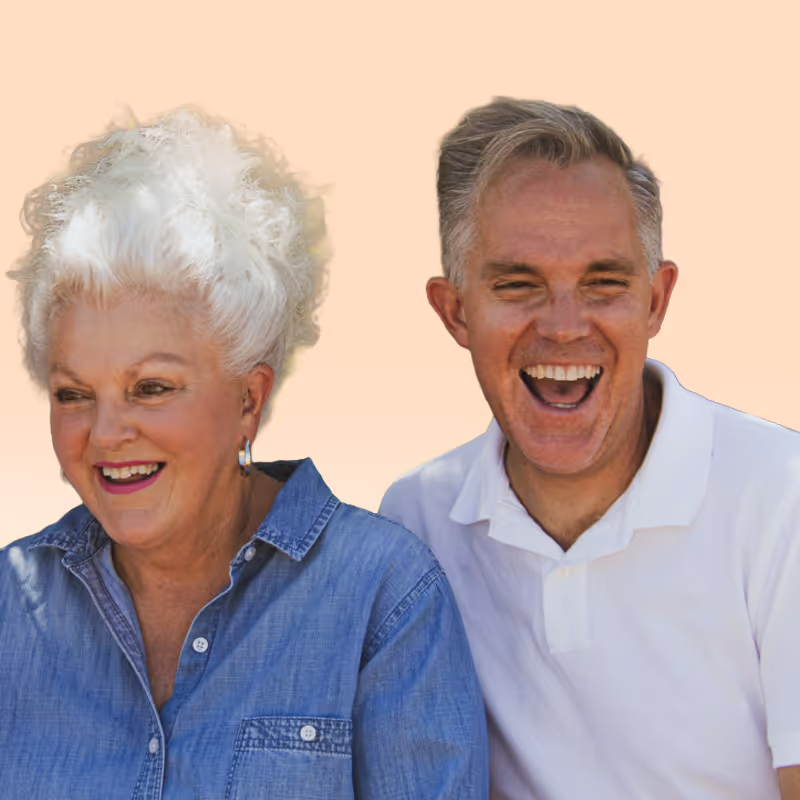
Ready to get started?

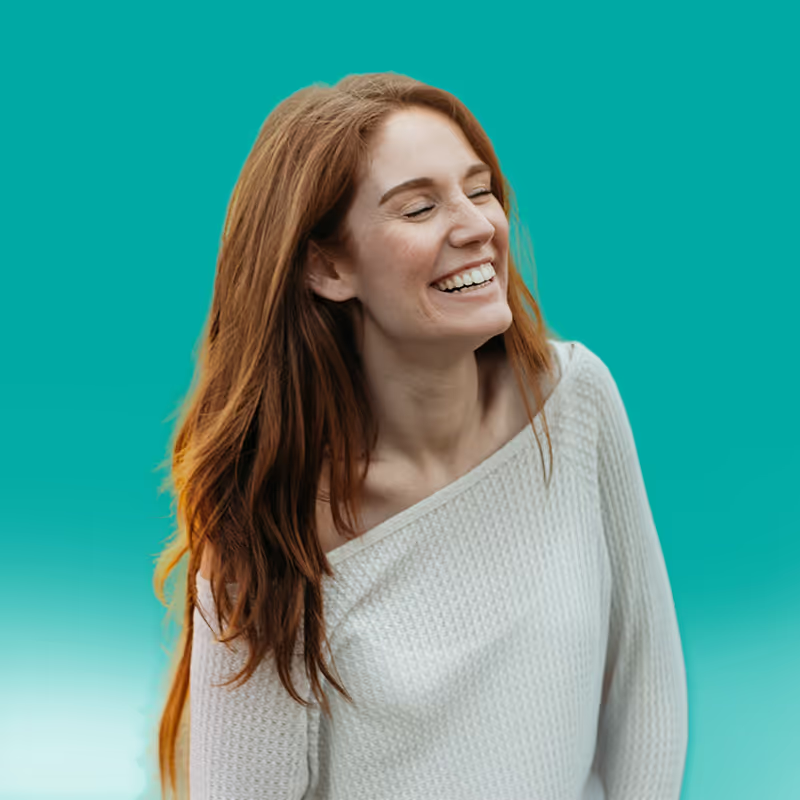
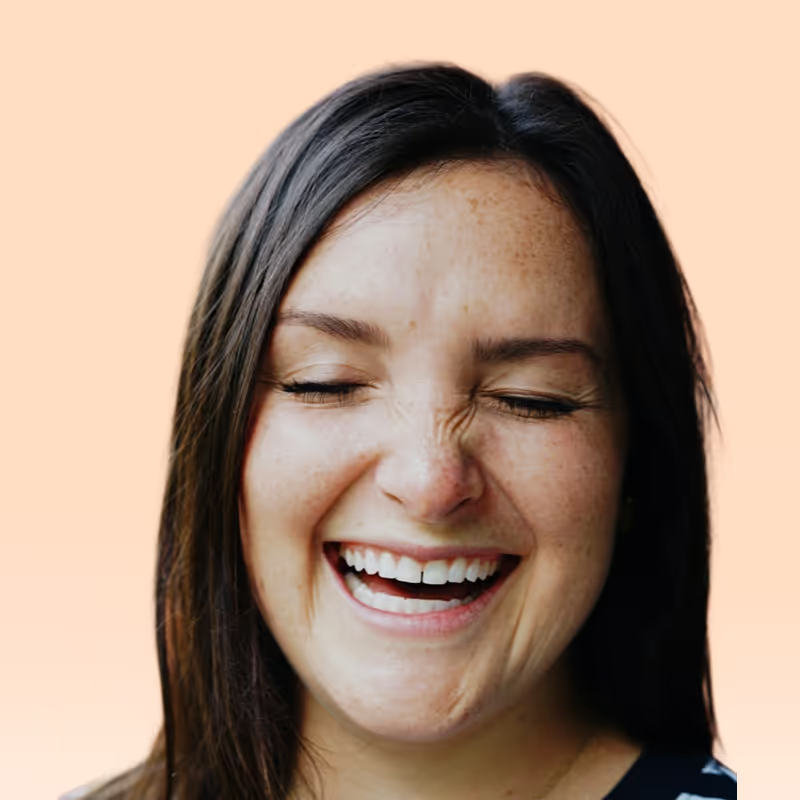

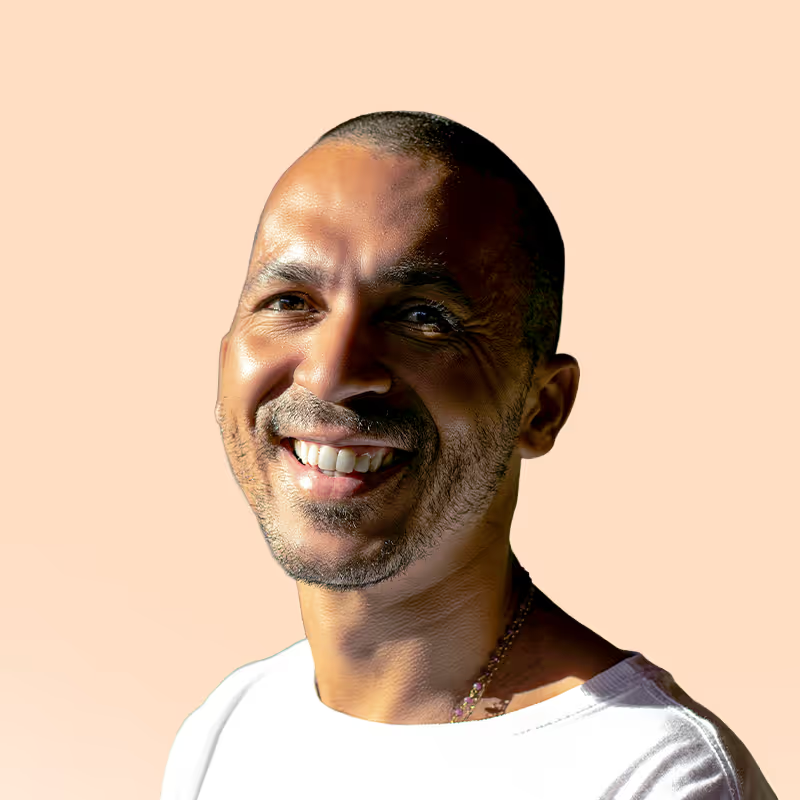
.png)


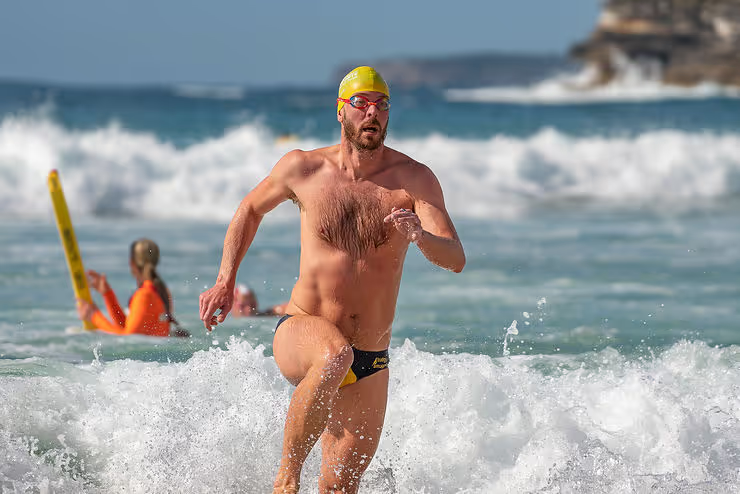
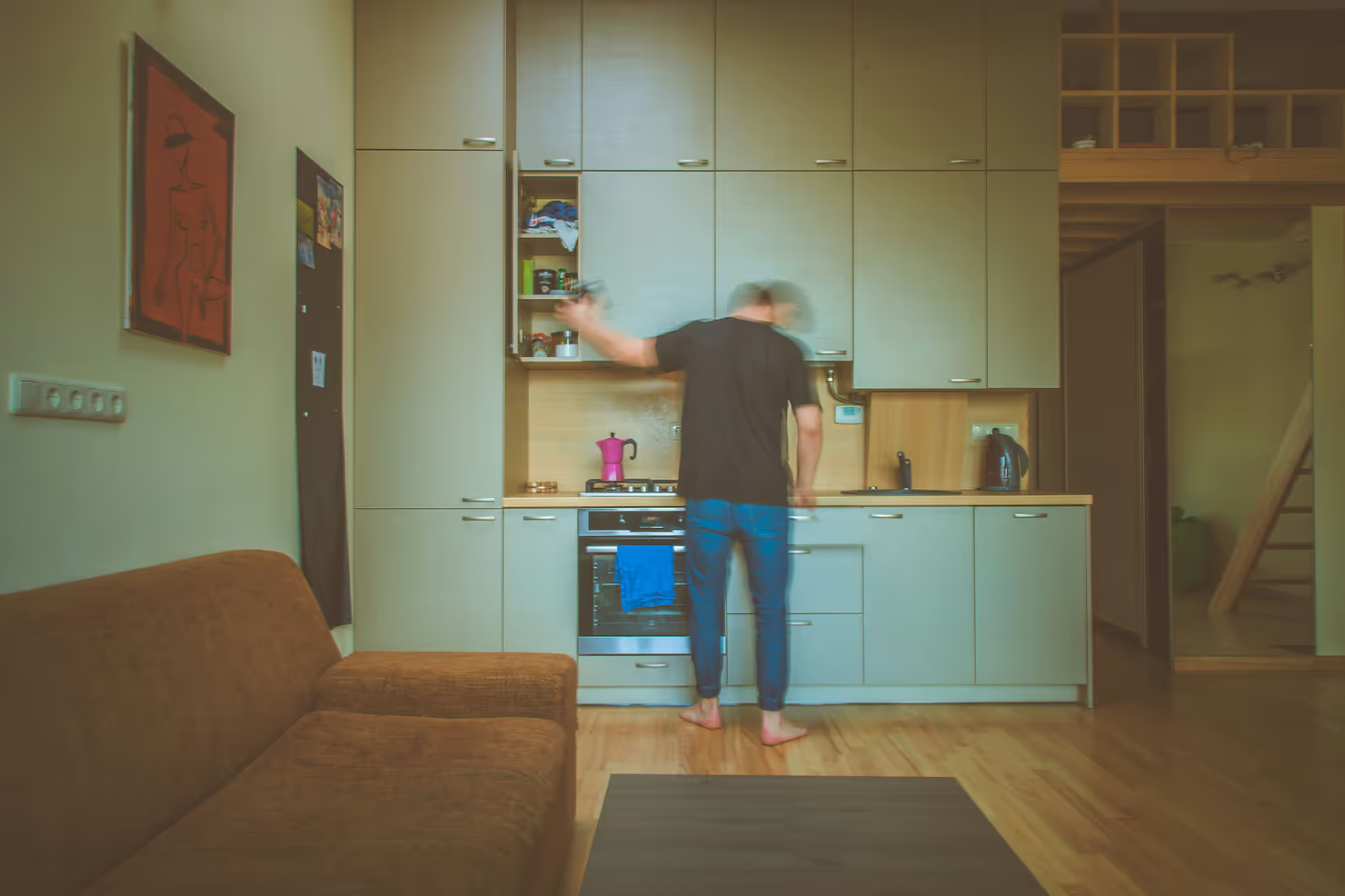
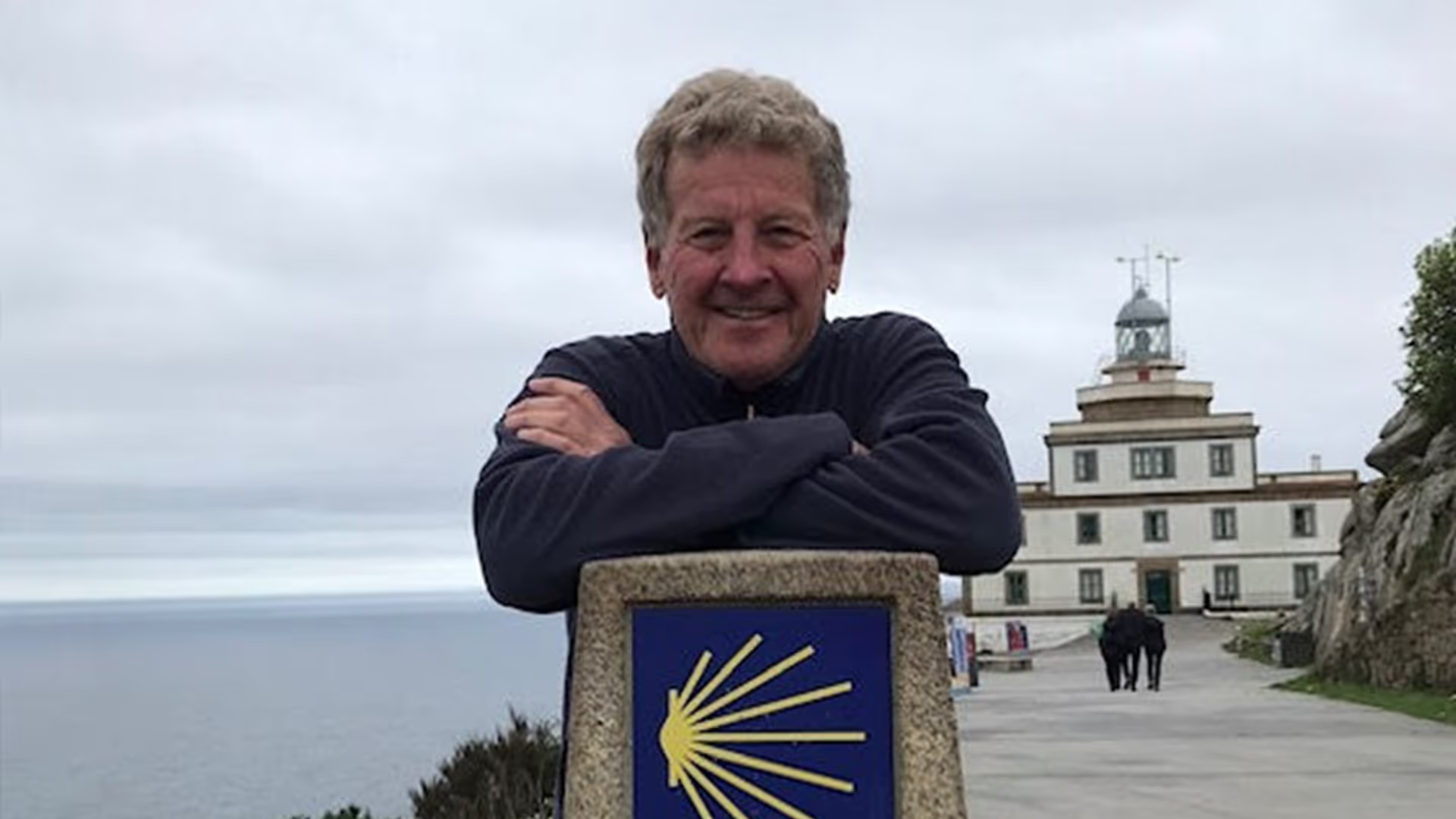


.avif)
